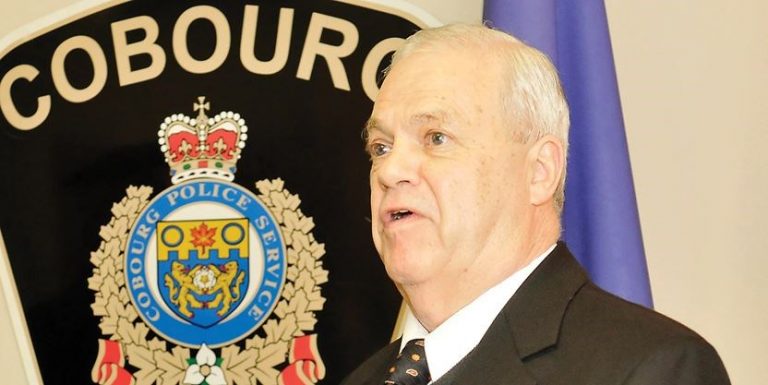By Robert Washburn
With much fanfare, the Northumberland United Way campaign announced its $950,000 goal for 2012. But before anyone gets too excited, a moment of reflection on this year’s goal is needed.
Campaign co-chairs Mark Holmes, of Northumberland Today, and Peter Dounoukos, of Northumberland News, rallied the troops during the traditional campaign kick off event, the Showcase of Delectables. There was plenty of confidence as both chairs provided quotes to their respective newspapers filled with optimism. As publishers/managers of the local newspapers, the United Way will not need to worry about ensuring press coverage – an astute move by executive director Lynda Kay.
And why shouldn’t everyone be positive? There is absolutely no reason for it to be otherwise. One thing Northumberland County is famous for is volunteers and philanthropy. The campaign surpassed its goal of $925,000 in 2011 due to the generosity of local people and corporations.
But in a time of austerity, when everyone else must sacrifice, the United Way asks for more. It upped its goal by $25,000. It is not much, but there is a principle involved.
Many taxpayers are fed up with municipal, provincial and federal governments raising taxes each year, even if it is only to keep up with inflation. The provincial government is targeting civil servants to accept a wage freeze, including teachers, doctors and others who provide essential services. And, they are willing to pass legislation to strip unions of collective bargaining rights in the process, just to get it done. Nothing could emphasize the seriousness of the situation more than that.
Locally, Port Hope residents are being asked to give up their own police force to save money.
The cost of everything is going through the roof. Food prices are skyrocketing, the cost of everyday items never seems to rise each week. The price of gas is ridiculous. No longer is it luxury items, but basics that are becoming hard to afford.
Yet, the United Way wants to reach deeper into the pockets of residents.
No doubt, it is different in some ways.
The Northumberland United Way spent more than $600,000 on community support programs and its 13 member agencies. It gives grants to places like the New Canadian Centre for immigrants, the Learning Disabilities Association, Community Living West Northumberland, Kinark, Horizons of Friendship, Brighton Fare Share Food Bank and others.
It helps Food 4 All Northumberland distribute more than a million pounds of essential groceries to help those less fortunate have a meal rather than go hungry.
And, its Back Pack for Kids initiative gave 1,700 to elementary and high school students who would not normally have basic supplies to go to school.
Then, there are the 211 services for 24-hour, seven-days-a-week phone line to help link people to community, social, health and government services.
It is hard to argue the incredible benefits provided.
Still, as many people and local businesses will attest, there is a constant request for support. The hospital, sports teams, service clubs, other charities and even the same organizations that receive assistance from United Way come asking.
Canadians donated more than $8 billion in 2010, according to Statistics Canada, with an average donation of $260. We are generous as a society.
Still, the local United Way is a powerhouse amongst Northumberland charities. When it began in 1969 the United Way supported six organizations and ran a campaign that lasted a few months in the fall. Now, the campaign is almost constant. If the organizations itself it not out asking for money, one of its corporate partners or sponsors is holding an event to raise its portion toward the goal. Between it, the Northumberland Hills Hospital Foundation and the Rotary Club, it forms the holy trinity of big fundraisers.
Governments and public institutions are held accountable for their actions. If taxes go up too much, then politicians are thrown out of office. But, the United Way has different kind of accountability. Certainly, its board must approve the goal for the year. And, the fundraising team will work hard to meet it. But when does the community get asked? What about the status quo? Maybe there should be fewer grants and the focus should remain on core services? Why must the goal always go up?
What is even a bit more disturbing is the lack of explanation as to why it rises. There is nothing in the local media or on the United Way website justifying the increased need. It is assumed.
Yes, it could be argued if change was wanted people could join the board. But, there needs to be another level of transparency by allowing the community at large the ability to have input before goals are set.
There will always be a need. And, there will always be people who will rise up and make sure those less fortunate are looked after. Besides, these questions are much larger and more political to need to be answered immediately. But at some point, it should be addressed before next year.
Until then, we should be supportive of this great agency and its good work because one only needs to look around themselves to see the demand is great.
Good luck to the co-chairs. It is no small task they are undertaking.


